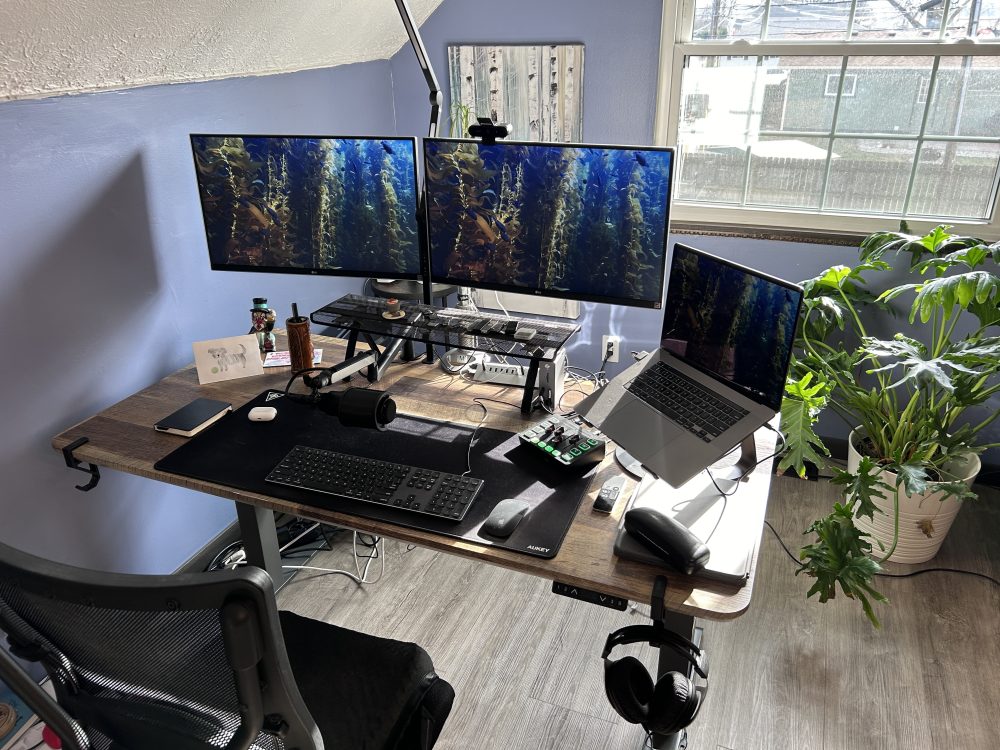Is Sun serious?
Once again, Sun identifies the trailing edge of technology and jumps on it with a characteristic lack of common sense
IN THE FILM Sunset Boulevard, aging actress Norma Desmond struts and barks as though she’s still on top of her game, queen of Hollywood. She’s actually a pathetic, name-dropping has-been who’s trading on her past. No one has the heart to tell her she’s washed up.
Like Norma Desmond’s sad attempts for attention, Sun’s announcements of a rack-mounted PC server, resurrected x86 edition of Solaris, and private-label Linux border on embarrassing. I can’t decide whether it’s a token gesture or a desperate attempt to diversify before Itanium 2, Opteron, and Power collectively eat Sparc’s lunch. Either way, Sun’s got no credentials in the peecee market it so gleefully maligns. Its prior dalliance with PC Unix offers a preview of the likely course of this effort.
Before its death, Solaris x86 was so traumatized by years of developmental neglect and self-loathing — Sun never encouraged major software vendors to port their Sparc applications to x86 — that its termination was a mercy killing. If Sun had properly funded and promoted Solaris x86 during the critical mid-’90s, Linux might be remembered as a short-lived Minix clone.
Instead, Sun suffocated its Intel Unix so Solaris could lend some unique cachet to the faltering Sparc. I think that was a wise move; no vendor should be in any market it won’t try to win. Solaris x86 had its devotees, but no one thought Sun was serious about PC Unix. To be fair, Sun wasn’t the reason PC Unix fell apart. But its inaction then makes Sun’s vaunted role as the “White Knight of x86” hard to swallow now.
Sun’s dual-processor LX50 server can’t compete with the technology it acquired from Cobalt, much less stand up to models from major PC makers. Sun’s best configuration costs about $1,100 more than an equivalent system from Dell, and Dell’s box comes with Red Hat 7.2 and three years of on-site service. You could knock another $500 to $1,200 off Dell’s price by having an integrator build you a 1U server. And only Sun would sell you a PC that won’t run Windows.
This move is a distraction and a drain on resources at a time when Sun can ill afford either. New hardware requires new service and support operations, and Sun’s resellers will wonder how to position the LX50 relative to the low end of the Sparc line. I doubt they’ll try. Those customers inclined to buy Linux already have a distribution they trust; any that pine for genuine Unix on a PC can run BSD. Except for a miniscule fan club, nobody was begging Sun to resuscitate Solaris x86. Where is the audience for any of these products?
In a way, I’m glad Sun is struggling against encroaching obscurity. But if Sun manages another comeback, x86 won’t have anything to do with it. I have no doubt that in three years, Solaris x86 will be dead (again) and Sun won’t want to be reminded of its flirtation with the Pentium III.
Ms. Desmond managed to recapture headlines without resorting to cameos on The Love Boat. Sun doesn’t need PCs, and the PC market certainly doesn’t need Sun.




